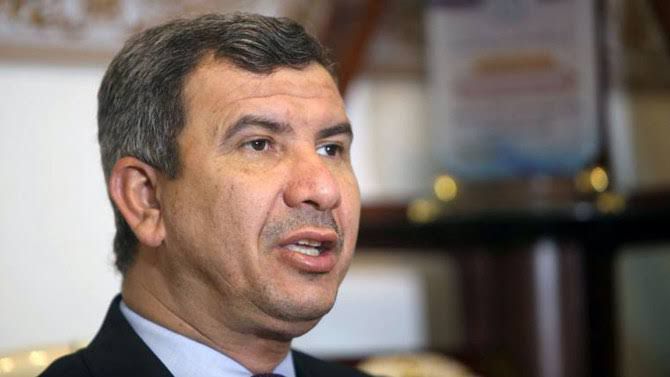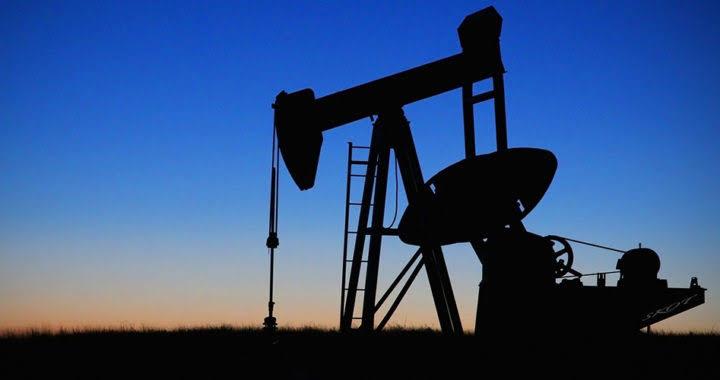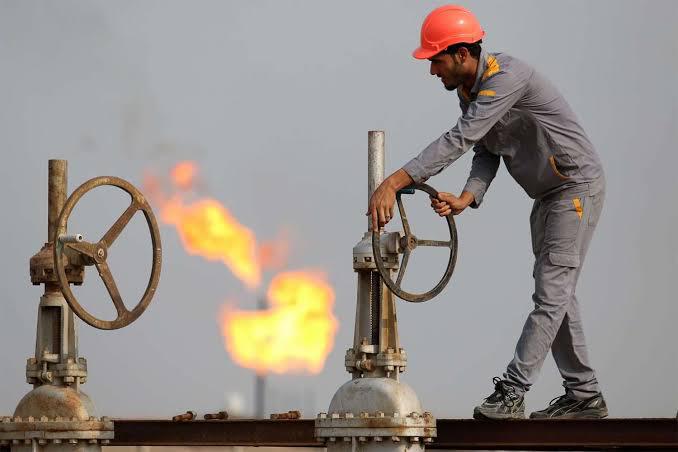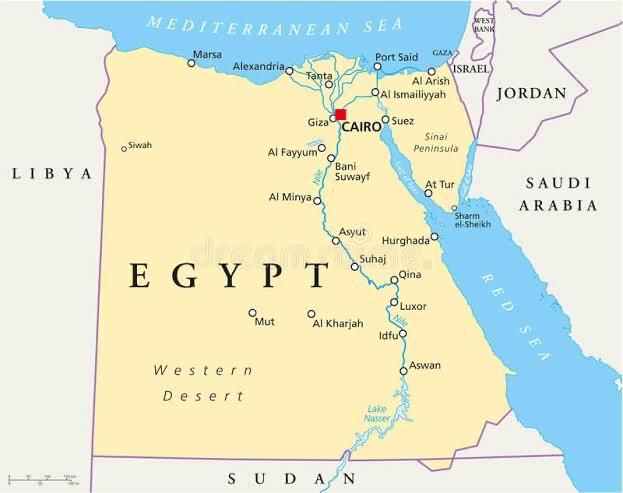Iraq has struck a deal with TotalEnergies for four oil and gas projects worth $27 billion, according to the country’s oil minister. The agreement includes three contracts between the Iraqi Ministry of Oil and the French Company, as well as a fourth contract between the Ministry of Electricity and TotalEnergies for a solar energy project.
In the first phase, the France-based company would invest in initiatives to collect gas flared over three oil fields in Iraq and use the gas to create power from a 1.5-gigawatt plant. The action will aid the government in plugging its power shortfall and making better use of its energy assets.
In the second phase, TotalEnergies wants to increase the plant’s power capacity to 3 Gigawatts. The French firm will also engage in a project that involves pouring seawater into oil fields to improve petroleum recovery.
The company will also build a solar power plant with a capacity of 1 Gigawatt that will deliver electricity to the Basra grid as part of Iraq’s embryonic renewables development.
TotalEnergies will also embark on a project to increase oil production capacity at Iraq’s Artawi field from 85,000 to 210,000 barrels per day. In addition, the company will build a gas complex adjacent to the oil field to absorb flared gas.
Commenting the Chairman and Chief Executive of TotalEnergies, Patrick Pouyanne, the company will make an initial investment of $10bn in the country, with engineering investment on projects to start “immediately.”
He said: “Our ambition is to assist Iraq in building a more sustainable future by developing access to electricity for its people through a more sustainable use of the country’s natural resources such as reduction of gas flaring that generates air pollution and greenhouse gas emissions, water resource management and development of solar energy.”
He went on to say that the planned initiatives in Iraq show how the region with the cheapest hydrocarbon production can “gain access to large-scale renewable projects.
The latest investment comes after a period of low activity in Iraq’s energy sector, which saw several multinational oil corporations leave. Iraq wants to stop flaring gas by 2022. According to the World Bank, over 16 billion cubic metres of gas from Iraqi fields was flared in 2015, costing the country billions of dollars in lost revenue.



